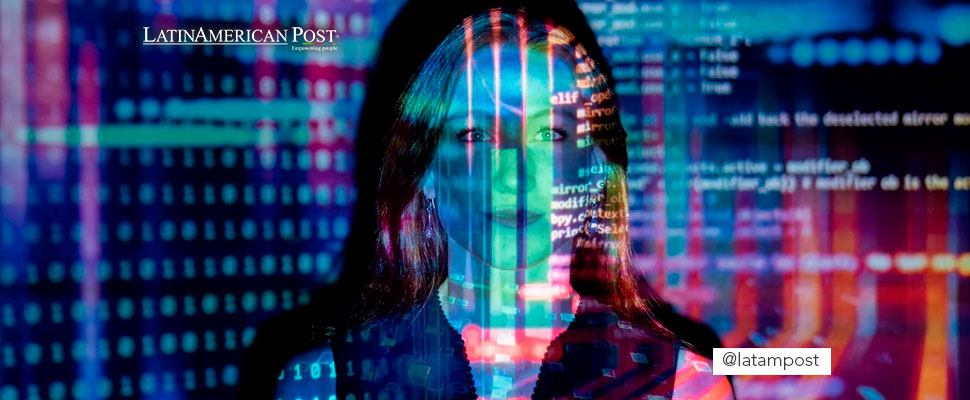Work In the Metaverse: A Future Problem?
The possibility of the Metaverse raises questions regarding of labor in virtuality

The project of the CEO of Facebook, now known as Meta, Mark Zuckerberg, anticipated that it will be an idea that will seek to generate a “virtual” community similar to reality. Photo: Pexels
LatinAmerican Post | Ariel Cipolla
Listen to this article
Leer en español: Trabajo en el Metaverse: ¿un problema a la vista?
The Metaverse is one of the main technological innovations that will become popular in the coming years. Mark Zuckerberg anticipated that it will be an idea that will seek to generate a “virtual” community similar to reality.
This will happen thanks to virtual reality technology, which will allow users to have incredible experiences with other people, all in real-time. Although the idea is exciting, since it is something that would have been seen as "science fiction" a few years ago, it also generates uncertainty.
Así será Meta, el metaverso de Facebook que ya tiene competidores pic.twitter.com/qRHu0f6umA
— euronews español (@euronewses) November 23, 2021
That is, if the Metaverse will appear as the virtual future of human coexistence, we must not only take the "positive" points, related to fun. There are also others that are unknown, such as the future of work and the production itself within the system. What can we understand about this?
Also read: "Metaverse Skin": Living and Feeling the Virtual World?
The future of work within the Metaverse
The first thing to mention is that, like any business project, the idea of investing implies generating profitability. Therefore, we should ask ourselves what are the ways that will exist to finance this whole world. Well, there are different ways to implement it and here we will tell you about them.
The first one has to do with the sale of devices to access this world of virtual reality. Although they have not revealed anything specific yet, users will need a system to access these services. Therefore, Meta could obtain money through the sale of this product, something similar to what happens with consoles that have their own VR devices, such as PlayStation.
Another option is to have a subscription, that is, to access these services, people must pay a monthly or annual membership. This can also be seen in the online services of companies, so it is not uncommon. It could even be sustained with advertising revenue alone, something that social networks currently do, free, but that depends on advertising on platforms.
#Meta (Facebook Ink), esta construyendo un guante que permita sentir objetos en el #metaverso. pic.twitter.com/GwTeZJDmMz
— Periódico Cripto (@PeriodicoCripto) November 17, 2021
However, the other option is that users generate that money through the activities of the video game itself. That is to say, that people use part of their free time to work and than, with the result of that production, they can afford some “luxuries” within the digital ecosystem. That is, the same thing that people do in real life, but applied to virtuality.
There are very clear examples in any MMORPG video game, such as World of Warcraft. In this game, users have different "professions" with which they mine resources or make objects that they sell to other people. Although there is no dependency relationship as such, it is true that they use part of the time to “work”. Thus, with the gold obtained, they can access special objects or services.
The problem is that World of Warcraft is still a video game and not an imitation of real life, so Metaverse could offer real “jobs”, in a dependent relationship, that take time away from people. If there are no clear rules, it is possible that there are forms of digital exploitation of which we are not yet aware.
In addition, another important point must be highlighted: how it will affect mentally working twice. That is to say, we must not forget that people will still have to continue with their jobs in real life to be able to live, so if we add a new workload to this virtually, the situation could get complicated.
Therefore, while this innovation from Meta is auspicious in technological terms, there is also a lot of uncertainty regarding how it might change production relationships.





